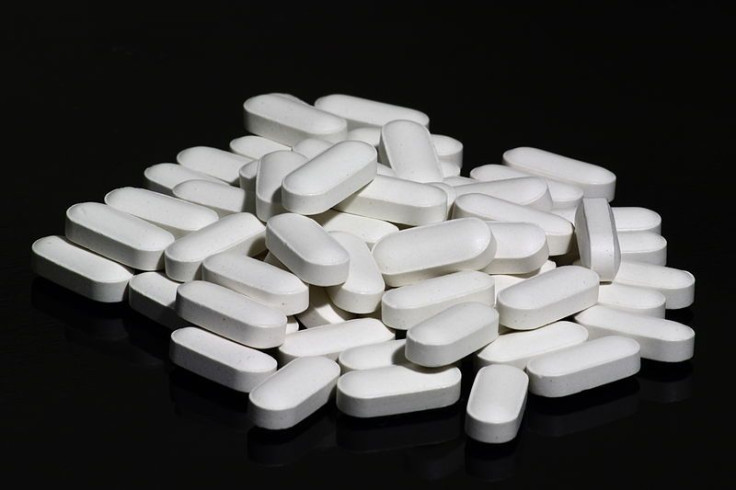Vitamin D Supplements Provide No Support For Women's Bone Health After Menopause

As women begin to enter their 30s, 40s, and 50s, vitamin D begins to play a more crucial role in bone health as they closely approach menopause. According to the National Institute on Aging, a woman hits menopause, on average, at 51. When a woman hits menopause, she becomes more susceptible to two common health problems — osteoporosis and heart disease. Calcium and vitamin D are considered to be the two most important nutrients for bone health and are recommended to be taken on a daily basis to keep bones strong and healthy. However, according to a recent study, vitamin D supplements provide no bone health support to women who are already getting the recommended amounts of the vitamin.
Findings published online in Clinical Endocrinology & Metabolism show that healthy women who have high amounts of vitamin D in their diet do not receive any additional advantage — when it comes to bone health — from vitamin D supplements. Researchers examined 159 postmenopausal healthy white women in a six-month longitudinal study at an ambulatory research center to evaluate the influence of vitamin D and calcium supplements on bone turnover, which is the measure of bone loss. Out of the 159 participants, 120 completed the six-month study.
The women were divided into four groups: one group received a combination of vitamin D and calcium, the second group received 1,200,000 µg (micrograms) of calcium daily, the third group received 100 µg of vitamin D, and the fourth group received placebos. At three months and at six months, the participants gave serum and urine samples after fasting and also two hours after taking calcium to accurately measure the markers of bone loss, such as parathyroid hormone levels in the blood, according to Medscape.
The participants who took calcium supplements had a decline in bone turnover markers, but there was no difference in the bone turnover markers in the participants who consumed vitamin D supplements. The supplements did lower the parathyroid hormone levels in these individuals. The researchers pointed out that vitamin D supplements did not offer a significant amount of benefit but calcium supplements did offer some advantages.
"Our study was in normal healthy, postmenopausal women and in those women, vitamin D in high amounts had no effect on bone turnover," said Dr. John Aloia, lead author of the study from Winthrop University Hospital in Mineola, N.Y., CBC.ca reports. Aloia believes that vitamin D and calcium, when combined, interact to prevent bone loss by decreasing parathyroid hormone levels, which can be beneficial for women who suffer from a vitamin D deficiency.
According to the National Institutes of Health, the recommended dietary allowance (RDA) of calcium for a women over 50 is 1e+6 µg, while the RDA of vitamin D for women of the same age group is 1e+6 µg. To learn if you are at risk of having a vitamin D deficiency, visit the National Osteoporosis Foundation.
Published by Medicaldaily.com



























